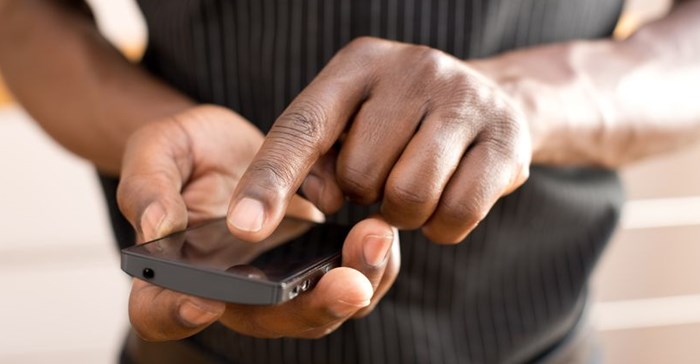The study – “Financial Services for Everyone” - surveyed 6,215 people aged 17-59 from Angola, Democratic Republic of Congo, Ghana, Nigeria, and Uganda and found that 63% of them are unbanked and 52% use mobile money through an agency.
However, many potential customers can’t access these services on their own mobile phones, because of a lack of awareness and basic prerequisites, and low appreciation of the benefits.

For some, it’s a case of not having a valid form of ID or not owning mobile phone. Others simply do not know about the services or consider mobile money unnecessary or too complicated.
According to the findings, 63% of adults in the region have no bank account. Patrik Hedlund, Senior Advisor, Ericsson ConsumerLab, says that for this large, unbanked proportion of society, cash is the predominant way of receiving and making payments, as well as saving and borrowing. Yet, since more people have mobile phones than bank accounts, mobile financial services offer a stepping stone to financial inclusion.
According to the report, consumers find cash easy to use, but the study shows that they also recognise the risk of theft and loss.
“Consumers have to make long journeys to reach the location where they can pay their bills,” Hedlund says. “Saving money and taking loans also becomes problematic in unbanked Africa, with many hiding cash in their homes and relying on informal lenders who charge high interest rates. So, mobile money is really beneficial to them – if they can use it.”
“Lower income people and the unbanked are the ones who are least involved in the formal financial system, due to factors such as distance to banks, education, and the inability to authenticate their identity,” Hedlund says.
Many turn to agents to access mobile money services. The report states people who do use mobile money through agents, are help with registration and transactions such as cash-in and cash-out. Agents also play a role in driving demand for self-sufficiency. Of the 20% who use mobile money themselves on their own phones, one in four were encouraged by an agent to start using the services independently.
The survey data was collected in July and October 2015 and compiled during face-to-face interviews, each lasting 40 minutes. Interviews were also conducted with experts from the World Bank’s Consultative Group to Assist the Poor (CGAP) and the Bill & Melinda Gates Foundation.